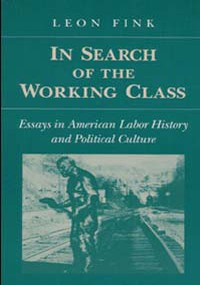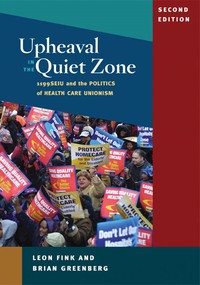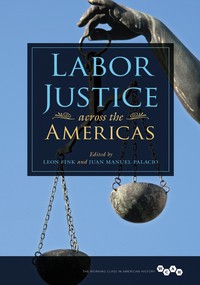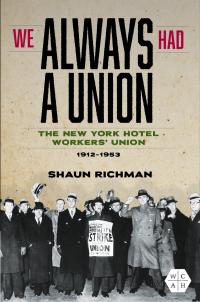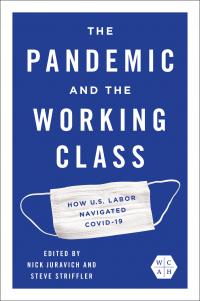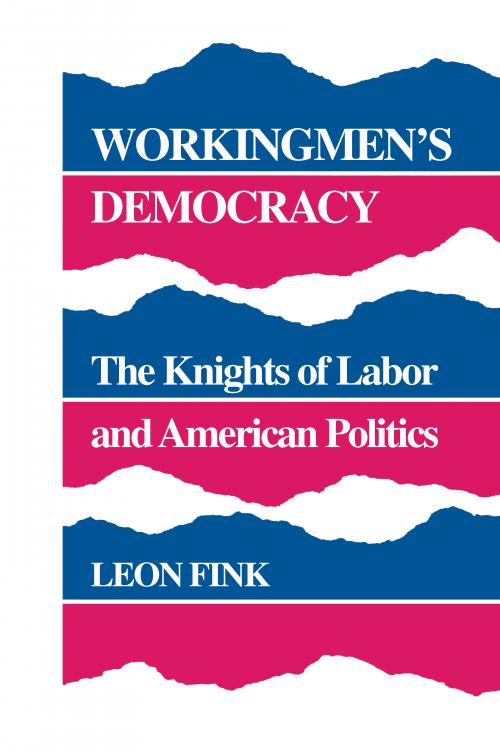
Workingmen's Democracy
About the Book
The rise and decline of the Knights of Labor in the 1880s and 1890s represents a crucial moment in the history of American labor. Leon Fink details the local labor parties and figures forged by the Knights of Labor during the Gilded Age.Fink focuses on the fortunes of the Knights in five cities to examine its involvement in local politics and analyze the essential factors behind its failures. As he shows, the Knights viewed their labor work as a nonpolitical and labor action as voluntary within a civil society--fundamentally a conservative movement of renewal. Politics organically grew from the organization's economic, social, and cultural organizing. Yet capital and entrenched political interests considered the Knights dangerous and blunted its influence by moving power from local polities to statehouses. The Knights' failure to enlist rural voters limited its power to fight back while elites also attacked by recruiting members of underrepresented ethnic groups into the power structure. Predictably, the loss of economic power undid the Knights' other ventures.
Detailed and informed by groundbreaking research, Workingmen's Democracy merges history with theory to offer a powerful portrait of misunderstood labor organization.
Reviews
"The pick of a growing crop of studies on the American working class."--The Nation"An important work, the best of several recent volumes on the Knights."--American Historical Review
